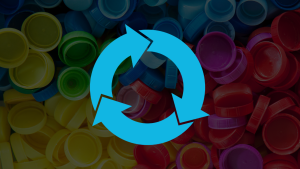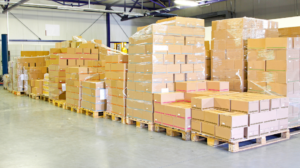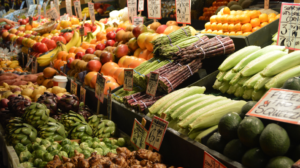Coronavirus-induced oil price plunge is hurting the circular economy for plastic
One of the biggest oil demand falls in history may be good news for emissions-watchers. But it’s bad news for the business of plastic recycling. How will pricier post-consumer plastic affect corporate sustainable packaging commitments?
While the coronavirus-induced collapse in oil demand might be good news for the climate as greenhouse gas emissions ease, it is not good news for the nascent circular economy in a ubiquitous material made from oil: plastic.
The price of plastic is closely linked to the price of oil, and since the price of plastic has fallen in line with the oil price, the price of recycled plastic is now much higher than virgin plastic, squeezing demand for post-consumer polymers.
Recycled plastic became more expensive than virgin plastic towards the end of last year, driven by growing demand from consumer goods companies to use recycled plastics in their products. But now it makes even more economic sense for manufacturers to use new plastic instead of recycled plastic.
“The last time we saw an oil price shock this big was the global financial crisis in 2008. Then, the volume of plastic recycling in China fell from 4 million tonnes to 1 million tonnes,” said Martyn Tickner, the former chief executive of Bangkok-based plastic producer HMC Polymers, who recently joined a plastic waste reduction firm.
The economic pinch from the covid-19 pandemic has led to recycling plant closures all over the world as demand for recycled material has fallen, Dr Steve Wong, chief executive of Fukutomi Recycling and chairman of China Scrap Plastics Association told Eco-Business.
One bright spot for the plastics industry, according to market place The Plastics Exchange, has been demand for food delivery packaging; governments have loosened restrictions on single-use plastics, which are deemed to be safer for consumers, while retailers have started to ban bring-your-own-container schemes to reduce the risk of the virus spreading.
But that’s not good news for the oceans; 8 million tonnes of plastic waste enters the ocean every year, and the high use of single-use plastic from takeaway meals could exacerbate the marine pollution problem.



